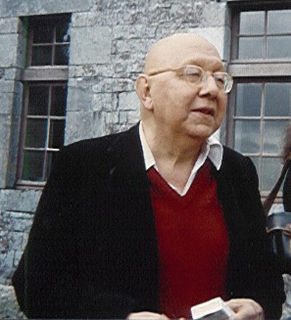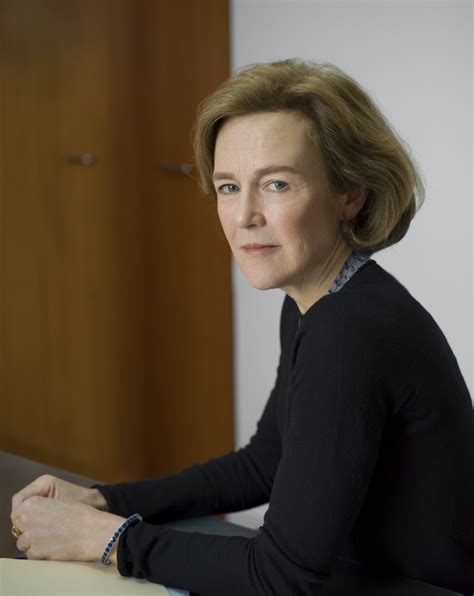A Quote by Natan Sharansky
In contrast, fear societies are societies in which dissent is banned.
Related Quotes
In a cross-cultural study of 173 societies (by Herbert Barry and L. M. Paxson of the University of Pittsburgh) 76 societies typically had mother and infant sharing a bed; in 42 societies they shared a room but not a bed; and in the remaining 55 societies they shared a room with a bed unspecified. There were no societies in which infants routinely slept in a separate room.
While all societies make their own imaginaries (institutions, laws, traditions, beliefs and behaviors), autonomous societies are those that their members are aware of this fact, and explicitly self-institute (????-?????????). In contrast, the members of heteronomous societies attribute their imaginaries to some extra-social authority (i.e. God, ancestors, historical necessity)
Free societies, which allow differences to speak and be heard, and live by intermarriage, commerce, and free migration, and democratic societies, which convert enemies into adversaries and reconcile differences without resort to violence, are societies in which the genocidal temptation is unlikely and even inconceivable.
We see that there are two different kinds of...societies: (a) parasitic societies and (b) producing societies. The former are those which live from hunting, fishing, or merely gleaning. By their economic activities they do not increase, but rather decrease, the amount of wealth in the world. The second kind of societies, producing societies, live by agricultural and pastoral activities. By these activities they seek to increase the amount of wealth in the world.
Dissident Natan Sharansky writes that there are two kinds of states - “fear societies” and “free societies.”… The two societies make up two kinds of consciousness. The consciousness derived of oppression is despairing, fatalistic, and fearful of inquiry. It is mistrustful of the self and forced to trust external authority. It is premised on a dearth of self-respect. It is cramped …
In contrast, the consciousness of freedom … is one of expansiveness, trust of the self, and hope. It is a consciousness of limitless inquiry … It builds up in a citizen a wealth of self-respect.
Societies that exclude the exoskeleton of religion should reflect carefully to what will happen to them over several generations. We don’t really know, because the first atheistic societies have only emerged in Europe in the last few decades. They are the least efficient societies ever known at turning resources (of which they have a lot) into offspring (of which they have few).




































